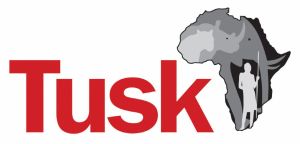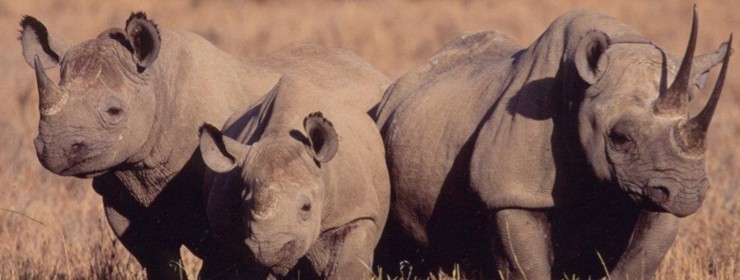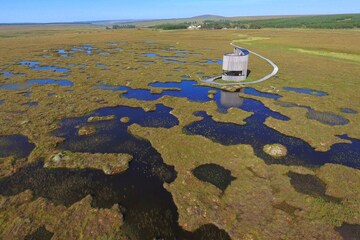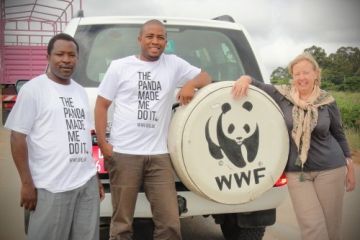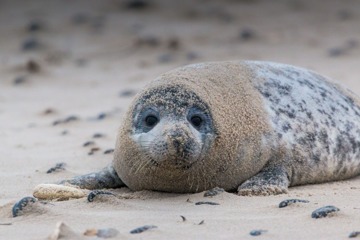Tusk is dedicated to protecting wildlife, alleviating poverty and promoting education across Africa.
Tusk is dedicated to protecting wildlife, engaging communities and promoting environmental education across Africa.
Tusk was founded in 1990. Since then, it has developed considerable experience initiating and funding conservation and community development programmes right across Africa. The charity, which boasts Prince William as its Royal Patron, has successfully invested over £100m in over 250 projects since its formation.
Tusk’s projects are intended not only to protect wildlife, particularly endangered species, but also help support sustainable development, promote human-wildlife coexistence encourage education amongst communities living alongside wildlife. As the humans and wildlife continue to compete for land and resources, Tusk’s aim is to forge a link between the preservation of Africa’s natural heritage and the future of its land, culture and people.
The legacy of Covid-19 and the decimation of tourism revenue, upon which so many African conservation programmes rely, will echo for many years to come. Tusk has and continues to play a significant role in supporting projects and programmes to recover from the impact of the pandemic.
Support for communities
Tusk aims to support community programmes which allow people to view wildlife as their asset. Tusk’s approach to conservation recognises that the long-term future for wildlife and natural resources is dependent on sustainable rural development. As a result, a number of the charity’s initiatives incorporate work to improve security, healthcare, and develop employment through responsible tourism.
Investing in education
In Africa many children do not get the opportunity to attend secondary school. Tusk believes that if conservation is to succeed then environmental education needs to be promoted at this early age.
Tusk’s PACE – Pan African Conservation Education – project has been designed to help address this need, communicating ideas on environmental issues across the continent. This set of education materials has been designed to act as both an education tool and a stimulus to adopt sustainable policies.
In recent years Tusk has sponsored the construction or refurbishment of rural primary and secondary schools specifically catering for children living in areas rich in biodiversity and neighbouring existing Tusk conservation programmes
Protecting wildlife
The conservation of African wildlife is Tusk’s primary objective, with substantial funding being applied towards the protection of many threatened species such as elephant, rhino, cheetah, chimpanzee, gorilla, African wild dog and marine species like turtles.
The projects Tusk supports through its grant funding fall into four main categories:
- Protecting endangered species
- Preserving areas of natural habitat
- Promoting human-wildlife coexistence
- Providing environmental education
In keeping with Tusk’s philosophy, these projects take an integrated approach to conservation within communities, combining the protection of wildlife with the sustainable management of natural resources.
A friend of mine and a trustee of the WWF picked up on my husband’s specific interest in Kenya…Paul grew up there. He put us in touch with Charlie Mayhew, founder and Chief Executive of Tusk and to be honest, once you’ve met Charlie that’s it really!
Charlie arranged for us to visit some of the Tusk projects in Kenya, which was a truly incredible experience. Once we understood what they needed to achieve and how we wanted to help we became fully engaged with the project and I was flattered to be asked to become a patron.
Why Deborah became involved
